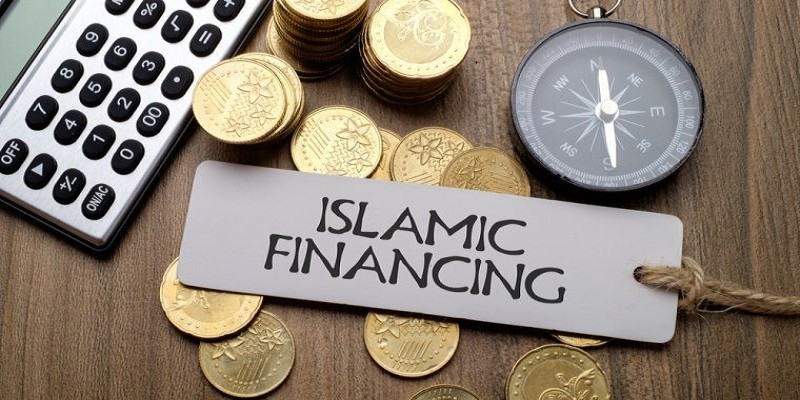
Fundacle Fintech Funding Platform and Islamic banking is a system of banking that is consistent with the principles of Islamic law (Shariah) and its practical application through the development of Islamic economics. Key principles of Islamic banking include:
- Prohibition of Interest (Riba): Islamic bank forbids the charging or paying of interest. Instead, banks earn profit through equity participation, which requires sharing of profit and loss between the lender and the borrower.
- Risk Sharing: Islamic banking encourages risk-sharing between the bank and its customers. This means that financial transactions should involve a partnership where both parties share the risks and rewards.
- Ethical Investments: Investments made through Islamic banking should be ethical and socially responsible. Investments in industries that are considered harmful to society (such as alcohol, gambling, and tobacco) are prohibited.
- Asset-Backed Financing: All transactions must be backed by tangible assets. This means that money cannot be made from money alone. Financial activities must be linked to real economic activities.
- Profit and Loss Sharing (PLS): Islamic banking operates on profit and loss sharing. The two main types of PLS contracts are Mudarabah (profit-sharing) and Musharakah (joint venture). In Mudarabah, one party provides the capital while the other provides expertise and management. In Musharakah, all partners contribute capital and share profits and losses.
- Zakat: Islamic banking institutions are expected to contribute to social welfare by paying zakat, a form of alms giving, which is one of the Five Pillars of Islam.
Common Islamic Banking Products:
- Mudarabah: A partnership where one party provides the capital and the other party provides expertise and management.
- Musharakah: A joint venture where all partners contribute capital and share profits and losses.
- Murabaha: A cost-plus financing structure where the bank buys an asset and sells it to the customer at a profit margin agreed upon by both parties.
- Ijara: A leasing agreement where the bank buys and leases an asset to the customer for a specific period.
- Istisna: A contract for manufacturing goods and commodities, allowing cash payment in advance and future delivery or a sale where the price is paid in advance at the time of the contract and the goods are delivered later.
- Sukuk: Islamic bonds that represent a share in an asset or a business venture, providing returns without the payment of interest.
Islamic banking aims to promote fairness and transparency in financial transactions and ensure that financial activities are in line with Islamic ethics and values.
For more information on Fundacle or Islamic Banking email us on support@fundacle.com